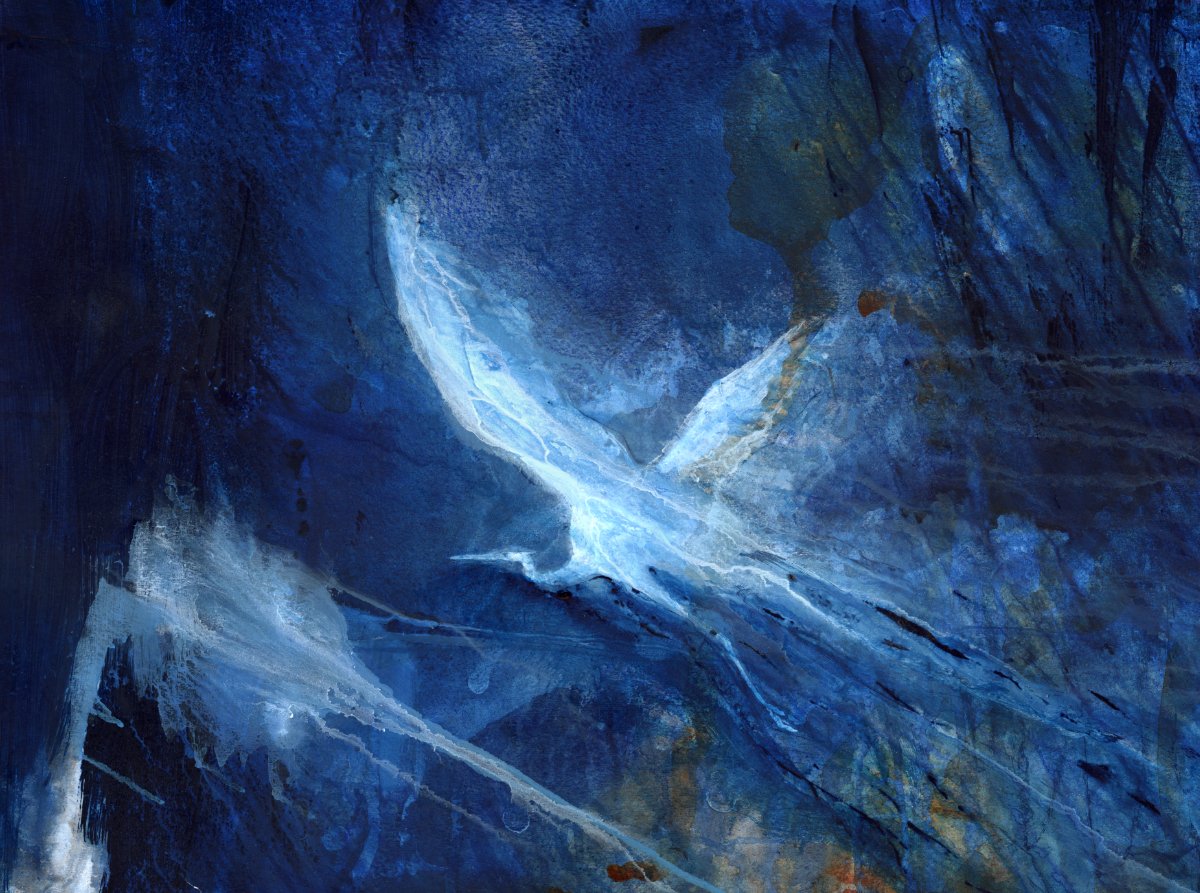Dylan Turns Down Ed Sullivan
After writing his own folk music for a while, Bob Dylan, folk musician, became Bob Dylan, folk-rock musician. He took his music electric. Crowds booed him. They came to hear the Dylan they knew, the Dylan whose albums they owned. He dismissed them.
He’d stand up in front of the booing crowd and say, “I don’t believe you,” and then he’d play his new music. In a 1966 Playboy interview, Dylan said:
I was doing fine, you know, singing and playing my guitar. It was a sure thing, don't you understand, it was a sure thing. I was getting very bored with that. I couldn't go out and play like that. I was thinking of quitting. Out front it was a sure thing. I knew what the audience was gonna do, how they would react. It was very automatic. Your mind just drifts unless you can find some way to get in there and remain totally there. It's so much of a fight remaining totally there all by yourself. It takes too much. I'm not ready to cut that much out of my life. You can't have nobody around. You can't be bothered with anybody else's world. . . . They can boo till the end of time. I know that the music is real, more real than the boos.
In May 1963, Dylan was asked to perform on The Ed Sullivan Show, the dominant entertainment program on television at the time. It was a major career opportunity. He planned to perform his new song, “Talkin’ John Birch Paranoid Blues.” CBS’s lawyers told him that the song was too controversial, potentially libelous. They suggested he play “Blowin’ in the Wind.” Instead, Dylan decided not to perform at all.
I salute his faith in his music, his rejection of the limitations that CBS wanted to impose on his work. Dylan may have an unusual singing voice — as, by the way, did Billie Holliday — and his lyrics may sometimes be impossible to decipher, but he had the courage of his artistic vision. And there is something special there. There is something deep.
Dylan told Playboy interviewer Nat Hentoff:
The pressures were unbelievable. They were just something you can’t imagine unless you go through them yourself. It was important for me to come to the bottom of this legend thing, which has no reality at all. What’s important isn’t the legend, but the art, the work . . . . Happiness is not on my list of priorities. For some reason, I am attracted to self-destruction.


